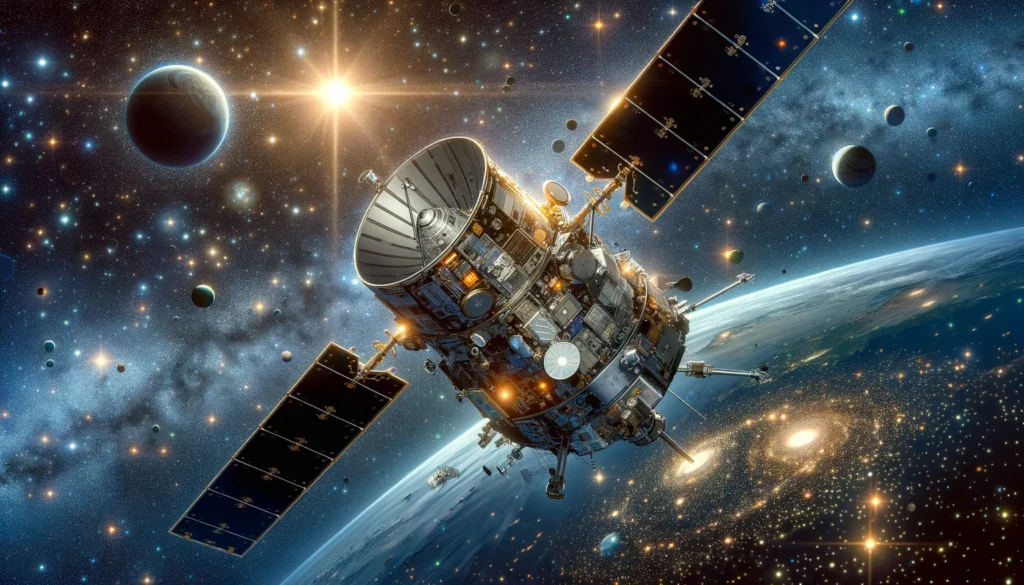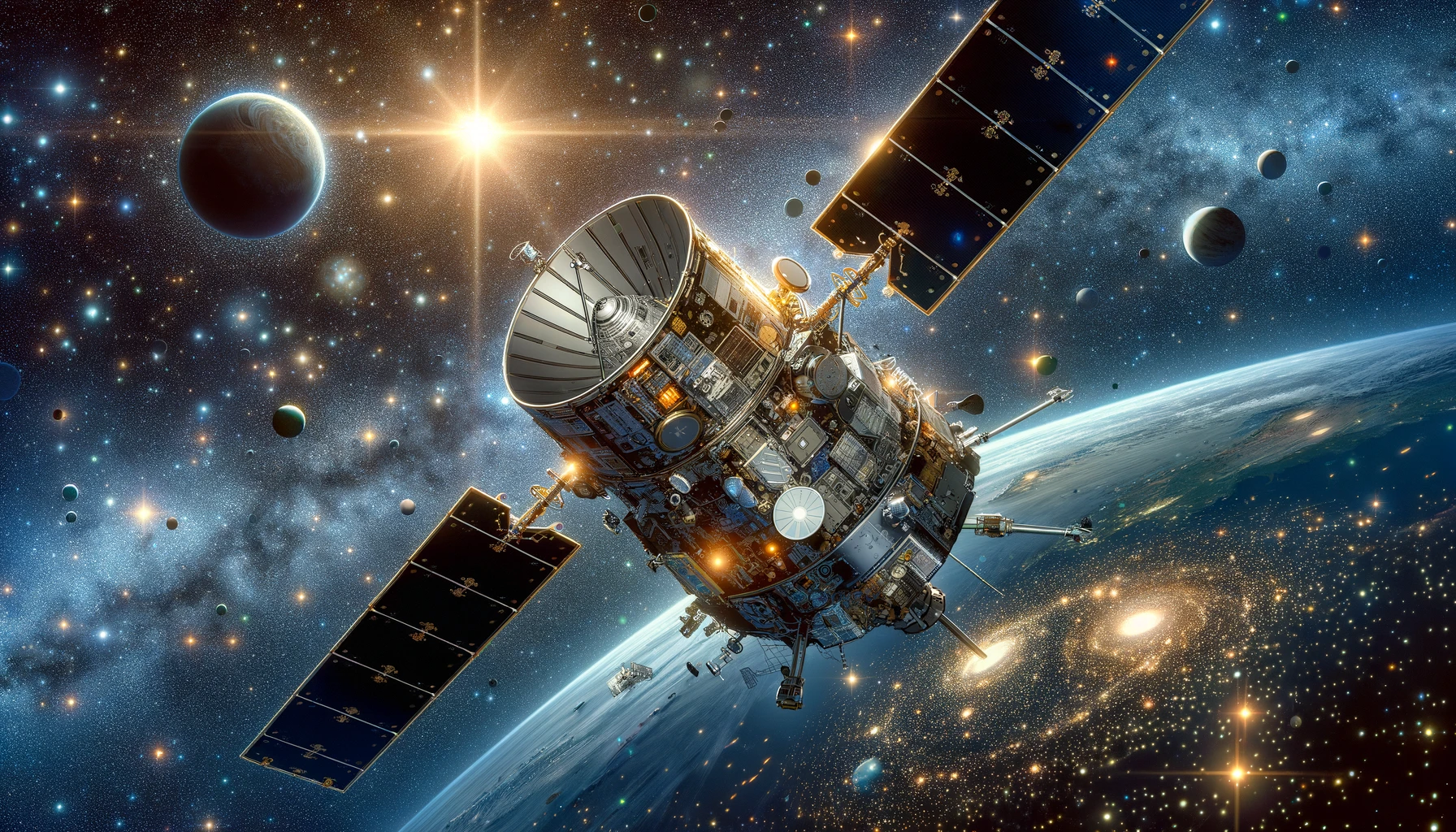NASA’s mission to uncover exoplanets has temporarily hit a pause as the agency’s dedicated planet-hunting satellite, the Transiting Exoplanet Survey Satellite (TESS), has ceased its regular observations. This unexpected pause is due to technical issues that have affected the satellite’s ability to continue its survey of the cosmos. This development is a significant setback for astronomers and scientists who rely on TESS’s invaluable data to scout for planets beyond our solar system.

Overview of TESS
Launched in April 2018, TESS has been on a quest to find planets orbiting stars outside our solar system by using the transit method. This method involves monitoring the light from a star; a dip in brightness can indicate a planet passing in front of the star from the observer’s perspective. TESS’s primary mission was to cover an area 400 times greater than that observed by its predecessor, the Kepler telescope, focusing on stars less than 300 light-years away.
Mission Achievements
Over its operational period, TESS has been incredibly successful, identifying over 2,400 candidate exoplanets and confirming more than 120. These discoveries range from rocky Earth-sized worlds to gigantic gas planets, enriching our understanding of the universe’s diversity. TESS has also contributed to the identification of some of the most intriguing and potentially habitable planets.
Technical Challenges
The recent pause in TESS’s operations is attributed to technical difficulties, although specific details have not been fully disclosed. Typically, issues can range from minor software glitches to more severe hardware malfunctions, which can affect a satellite’s ability to function correctly. NASA engineers are currently assessing the situation to diagnose the exact nature of the problem and determine the appropriate solutions.
Impact on Research
The temporary suspension of TESS’s activities poses challenges for ongoing research projects. Scientists and astronomers who planned observations or relied on continuous data to track and study distant planets are facing delays. For researchers focused on studying atmospheric conditions of exoplanets or those hunting for Earth-like planets, this halt could push back their timelines significantly.
Mitigating the Impact
To mitigate the impact of the pause, researchers might turn to other telescopes and satellites capable of performing similar observations. Ground-based observatories and other space-based instruments like the Hubble Space Telescope or the recently launched James Webb Space Telescope may temporarily fill in some of the gaps left by TESS’s inactivity.
Next Steps for TESS
The next steps involve a thorough investigation by NASA’s team to resolve the technical issues. If the problem is software-related, a remote update may suffice to bring TESS back online. However, if hardware issues are diagnosed, more complex solutions will be necessary, potentially involving commands to activate backup systems or, in the worst case, planning for a possible replacement mission.
Future of Exoplanet Exploration
Despite the current challenges, the future of exoplanet exploration remains bright. The pause in TESS’s operations is a reminder of the complexities and difficulties of space missions but also highlights the resilience and adaptability of space exploration efforts. The data already collected by TESS will continue to be analyzed, likely yielding new discoveries long into the pause.
NASA is also planning future missions to expand upon the work started by TESS and Kepler. These include potential new space telescopes specifically designed to study exoplanets in greater detail, particularly their atmospheres, which could provide insights into their habitability.
Conclusion
The temporary halt of NASA’s TESS satellite is a setback for the exoplanet research community but not a definitive end to its mission. With continued support and troubleshooting, there is optimism that TESS will resume its critical role in expanding our knowledge of the universe. The ongoing efforts of engineers and scientists ensure that even through challenges, the quest to understand our place in the cosmos continues unabated. The pause, while disruptive, is just another chapter in the long journey of cosmic discovery.
Read More-
